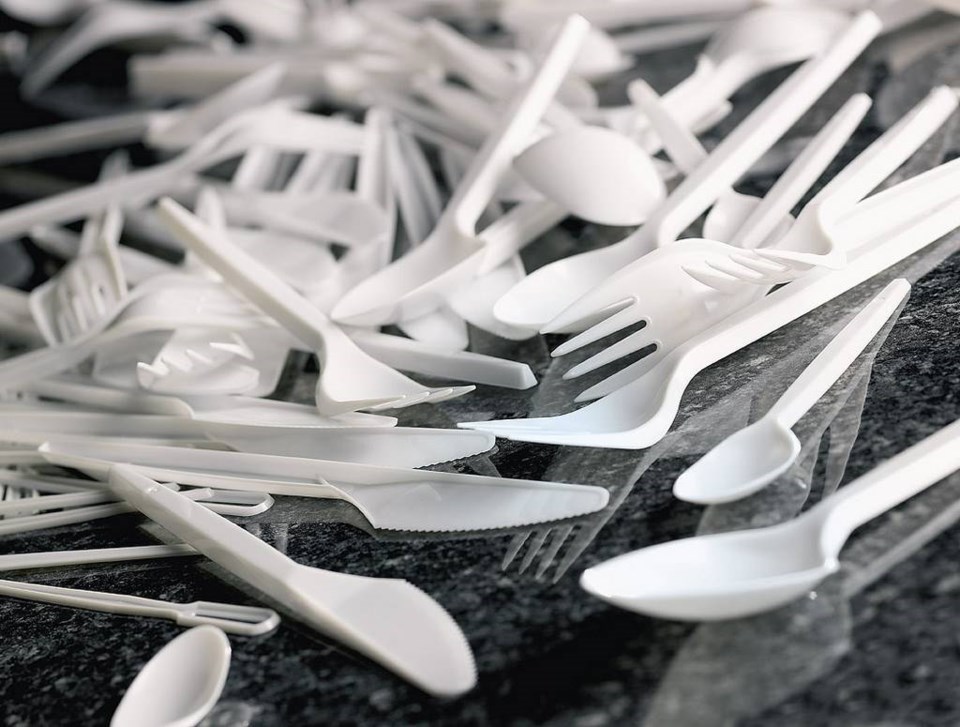Councilmember Rafael Espinal, who represents the 37th District including Bushwick, East New York and portions of Bedford Stuyvesant, Brownsville and Crown Heights, introduced on Wednesday a bill to ban single-use plastic items like utensils.
If passed, the legislation would require the NYC Department of Consumer Affairs and the Department of Sanitation to annually evaluate available alternatives for single-use plastic items. If the agency determines that there is an economically and environmentally viable alternative, the single-use plastic item will be banned.
The new legislation mirrors existing laws that were just passed in the European Union, explained Espinal, who has been a strong advocate for more sustainability in NYC with proposed legislation for a plastic straws ban, green roofs for commercial buildings and a push for environmentally-friendly transportation.

"My legislation would put New York City at the forefront of the conversation around plastic waste and put us on a path toward a true zero-waste future," said Espinal. "Plastic pollution poses an ever-growing threat to our marine ecosystems, our health and our planet. We cannot afford to sit on our hands when it comes to the mind-boggling amount of plastic that pours into our oceans every year, every month, every hour."
According to numbers provided by Espinal's office, eight million tons of plastic enter the world's oceans every year, two-thirds of it from land-based sources. The plastic leaches harmful chemicals into the oceans and kills marine life. It is estimated that 100,000 sea creatures, including sea birds, whales, dolphins, fish and turtles, die each year from plastic pollution.
Unless drastic changes are implemented to improve waste infrastructure and curb plastic use, that amount is expected to increase ten-fold by 2025, according to a recent study in the journal Science.
Plastic pollution also affects our food and water sources, as Julia Tighe, president of the New York League of Conservation Voters, pointed out.
"Single-use plastics often end up clogging our waste stream or polluting our waterways," said Tighe. "Taking steps to encourage the use of alternatives to these types of plastic items would be a significant step for the city in meeting its zero-waste goals."
According to a 2017 report of tap water samples, the United States had a plastic fiber contamination rate of 94 percent, the highest rate among all countries from which samples were collected. Microplastics have also been discovered in shellfish and other marine animals consumed by humans. Although the impact plastic consumption has on human health is still largely unknown, some studies have linked them to cancer and birth defects.
"The scale of this crisis demands urgent, radical government action," said Espinal. "Otherwise, we will soon live in a world where there is more plastic in our oceans than fish."




